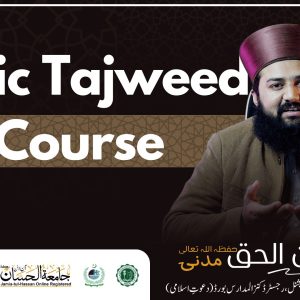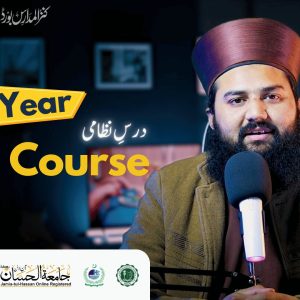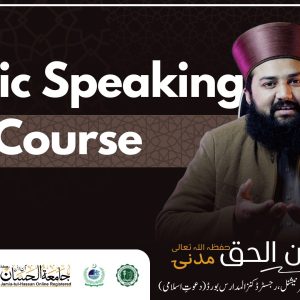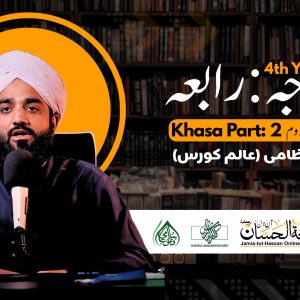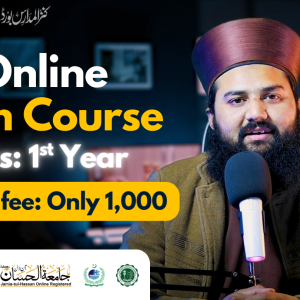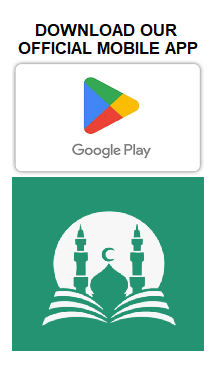Exploring Online Islamic Universities in USA
In the digital age, the pursuit of knowledge has never been more accessible. For those interested in Islamic studies, online Islamic universities offer a flexible and comprehensive education that can fit into any lifestyle. This guide explores the various opportunities available for pursuing Islamic studies online and highlights some of the best online Islamic universities.

Online Islamic education provides an opportunity to study the rich traditions and teachings of Islam from the comfort of your home. Whether you’re looking to deepen your understanding of the Quran or pursue a degree in Islamic studies, online programs offer flexibility, making it easier to balance education with work or family commitments. These programs are designed for learners at various levels, from beginners to advanced scholars.
Choosing the Right Program
When selecting an online Islamic university, consider factors such as accreditation, course offerings, and the flexibility of the program. Accreditation ensures that your degree will be recognized by other institutions and potential employers. Look for programs that offer courses aligning with your interests, whether they be in-depth Quranic studies, Islamic law, or Islamic history.
📚 Explore Our Latest Islamic Courses 📚

Benefits of Online Islamic Studies
Engaging in Islamic studies online provides numerous benefits. The flexibility of e-learning allows you to study at your own pace, and the variety of programs available means you can tailor your education to your specific interests. Online platforms often provide resources such as discussion forums, recorded lectures, and digital libraries, enhancing the learning experience.
Conclusion
Exploring online Islamic universities opens up a world of knowledge and understanding of Islam’s rich traditions. Whether you’re seeking to enhance your personal knowledge or pursue a formal degree, the options for Islamic studies online are vast and varied. Research your options, consider your goals, and embark on a rewarding educational journey that aligns with your lifestyle and aspirations.

